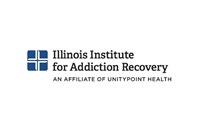CLIENT
Illinois Institute for Addiction Recovery
ECG worked with IIAR leadership to create a managed care strategic roadmap, negotiate with commercial payers, and secure reimbursement rate increases.
For more than 40 years, Illinois Institute for Addiction Recovery (IIAR), an affiliate of UnityPoint Health, has provided inpatient and outpatient services for adults struggling with addiction. IIAR offers alcohol, chemical dependency, and process addiction treatment services at four locations across central and northern Illinois.
The Challenge
Faced with a 22% decrease in discharges between 2012 and 2014, driven by a variety of market factors, IIAR spent the next two years working to rebuild volume. However, its mixed contracting model—a combination of in- and out-of-network status with major payers—limited its ability to provide services to some patients as payers began restricting authorizations for out-of-network providers. Securing in-network agreements with additional payers was challenging because the responsibility for establishing and maintaining contracts for IIAR’s services was split across three entities with limited expertise in contracting for addiction medicine services. The complicated managed care process created operational challenges, contributed to a general sense of uncertainty among staff, and impeded IIAR’s ability to secure new agreements and negotiate increases to existing agreements.
Our Solution
IIAR engaged ECG to complete a comprehensive managed care strategy and reimbursement assessment. The goal was to establish new payer agreements, enhanced contract terms and reimbursement rates, and a more coordinated managed care contracting structure and process.
Our assessment focused on four key areas:
- In-Network Participation Strategy: We analyzed IIAR claims data to identify those out-of-network payers with the greatest historical volume and potential for future referrals (based on each payer’s existing membership levels in the region and local market).
- Reimbursement Benchmarking Assessment: We developed a reimbursement model that compared existing reimbursement rates to regional and national benchmarks and identified opportunities for revenue improvement
- Negotiation Timeline and Strategy: Because multiple concurrent payer negotiations can be overwhelming, we developed a negotiation timeline and strategy that would allow IIAR to focus on priority payer negotiations first, secure needed volume and reimbursement increases, and then sequence negotiations with lower-volume payers.
- Managed Care Organizational Infrastructure: To simplify IIAR’s managed care infrastructure, we developed a recommended contracting structure that was more closely aligned with the existing UnityPoint system managed care department.
Our Results
ECG’s managed care team worked closely with IIAR leadership throughout the assessment process to create a detailed managed care strategic roadmap that specified target reimbursement levels for IIAR’s future payer negotiations. The roadmap also included an infrastructure plan to ensure the managed care contracting function would continue to be supported on an ongoing basis.
ECG was then asked to collaborate with the UnityPoint system managed care team to secure new in-network agreements and lead negotiations with high-priority commercial payers. As a result of the negotiations, IIAR realized reimbursement rate increases ranging from 5% to 21% and established new in-network agreements with two major commercial payers.



